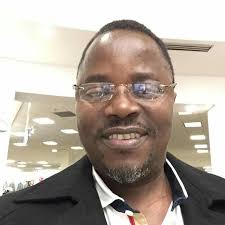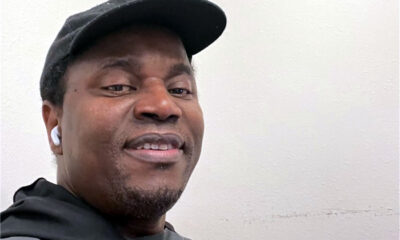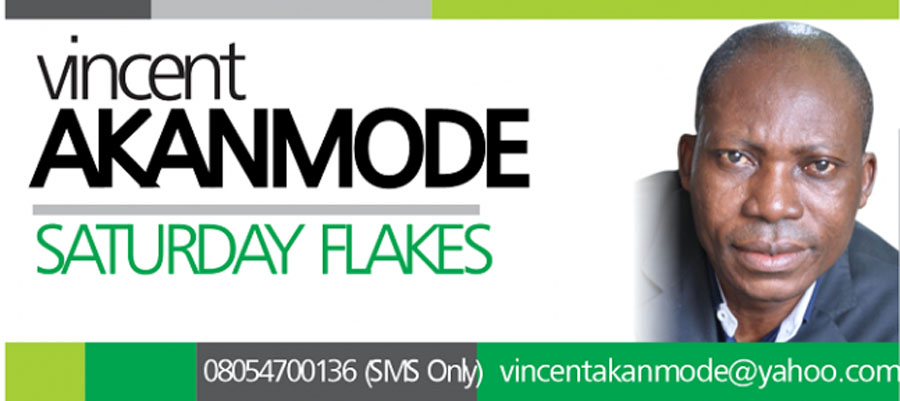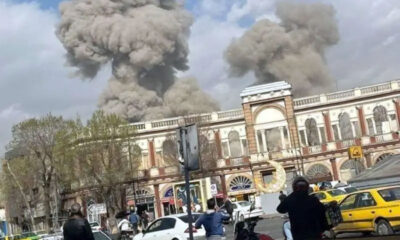You just knew they would not turn tail and get back to the US empty-handed. All those ships and planes and everything else that can destroy a country’s critical infrastructure and terminate its leadership massed against a country, Iran. Still, Iran negotiated between being beheaded or being disarmed.
Whether it ‘negotiated’ for a humiliating reprieve out of fear or out of ignorance will be sorted out by historians of chaos. What was beyond doubt was the certainty that Trump and Israel would hit Iran very badly. A virtual and seemingly popular uprising against a regime with its head still bowed from the last foray by the US/ Israel had been active against leaders and agents of a brutal state.
Iran’s leadership had been swamped by encircling hostility and crippled by poverty of ideas on getting out of tight corners. Still, it went through the motions of discussing with the US/Israel over demands that it dismantle its strategic assets and plans and submit to a regime of intense scrutiny reserved only for the conquered. Even as it was being surrounded by an assemblage of weaponry rarely seen in history, the Iranian leadership was negotiating through third parties, apparently hoping for a miracle.
US/Israel struck at a time and place of their choice. Iran may have misread Trump. Perhaps it thought it could buy time while he involved the US Congress before embarking on an adventure that would make the entire region immensely more unstable. Not Trump. He does not go by the book. Especially not after the last humiliating pummelling Iran received at the hands of Trump/Israel and its thunderous applause from his base.
READ ALSO:
- Pastor, Wife Arrested in Bayelsa Over Alleged Rape of 13-Year-Old Girl
- DSS Busts Alleged Arms Trafficking Network in Gombe, Seizes RPGs
- HURIWA Warns of Alleged Foreign Media Plot to Undermine Tinubu Ahead of 2027 Elections
Perhaps Iran thought it had friends in influential places, enough of them to rein in a US/Israel virtually on the loose. If it did, it was a poor reader of the international context: the world has little sympathy for the weak, and has even less leverage over Trump/Israel. It may even have exaggerated its circles of friends and allies. Modern warfare makes it difficult to reach friends when the threat is overhead and can cause more damage than a year of ground fights. Actually, Iran should have known a long while back that it lacks friends and allies, the type that will make Trump/Israel think twice. Surrogates and proxies, yes, but friends with muscle and enough interests to scare away threats or stand with you in battle? No.
Actually, if Iran had read the world well, it would have known that only the strong make real friends and allies. The weak has no friends. If you are Israel and you exist to keep an entire part of the world in line so that you and your allies can establish their hegemony over it, you can get away with hundreds of thousands of murders. Iran forgot Gaza. Iran missed the key lesson in US positions over Ukraine, an abdication of historic magnitude. Europe is coming to terms with the futility of getting Trump to stand up to Russia over Ukraine.
Europe could have taught Iran a lesson or two on the fallacy of collective regional security and destiny, if Iran had been disposed towards building alliances. For a country that had acquired a place of note in the manner it related with the world with an identity that stepped on toes, Iran should know the global community has no power over strong nations like US/Israel. It had built a formidable military, developed advanced technology and exported its interests at great cost to itself and other countries, but it is a poor judge of reading the deeply unimpeachable relationship between the US and Israel. It thought it could exist in a neighbourhood where it is one of two sworn enemies. It saw Israel and failed to read US.
READ ALSO:
- Human Rights Lawyer Warns Against Targeting Children, Hospitals in U.S – Israel Military Action
- Several U.S. Warplanes Crash in Kuwait Amid Ongoing Iranian Strikes
- Wike Blasts Kingibe Over FCT Council Election Remarks
Well, the world will now count another casualty of power. Iran will expend a few more missiles before it submits to the power of US/Israel. This will not necessarily be a victory for US/Israel. Iran will go through the torture represented, on one hand, by attempts at preserving remnants of the leadership of a regime severely damaged by its stubborn failures to accept some changes in its basic character and disposition to the world around it. On the other hand, it will battle resistance to forces that will seek wholesale capitulation and radical change that will please US/Israel.
This tussle will involve a lot of sweat and blood, such is the depth and spread of the regime in the Middle East and parts of the world. Either way, Iran will not easily settle what it represents without a fight. Iranians who want radical change will not find a world waiting for them with open arms. US/Israel are not seeking regime change for the liberal Iranian, for the oppressed, the frustrated and poor Iranian. These have to fight their battles, and they will have to take on other Iranians who will fight to recapture the basic character of the regime US/Israel think they have dislodged.
Iran’s neighbours will pay a steep price for the activities of US/Israel. The entire question of Palestinian rights will now become more complicated as proxies and surrogates chart their own courses with greater autonomy. Arab surrogates of the US who tip-toe around Israel will submit even deeper to the protection and dictates of US/Israel. The entire region will go through massive turbulence as forces fight to preserve what is left of the defiance against US/Israel, or decide over the cost of capitulation. Israel will keep at least one eye open for old, wounded or new enemies.
Trump will chalk this adventure as a heroic accomplishment, and a critical segment of his base will cheer. But the US/Israel cannot rest with Iran, Iraq, Syria, Lebanon, Yemen, Palestine, Afghanistan and other Muslim countries all in turmoil. Israel could find the sole-power status in the region burdensome, as it attracts even more hostility. The US will have to re-assess its entire strategy for the region, with two basic options: support the preservation of remnants of the old order and reduce the challenges of permanent and intimate involvement, or support wholesale change in the character of Iran. The US/Israel have made the world a lot more insecure.


































You must be logged in to post a comment Login